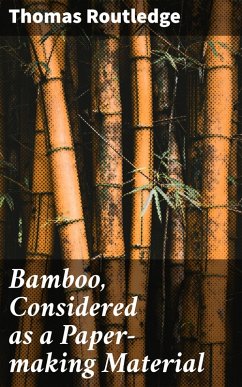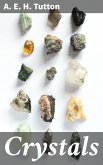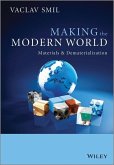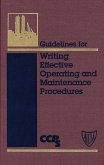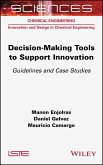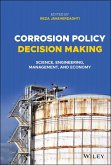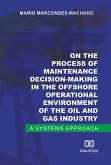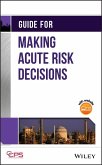In "Bamboo, Considered as a Paper-making Material," Thomas Routledge presents a meticulous exploration of bamboo's unique properties and its applications in papermaking. The text is richly detailed, combining empirical research with historical context to illustrate bamboo's significance in various cultures. Routledge employs a scholarly style, replete with technical language pertinent to both botany and materials science, while engaging with contemporary debates on sustainable resources and eco-friendly practices. His insightful analysis situates bamboo within the broader discourse of alternative materials, highlighting its viability as a sustainable papermaking source in an age increasingly concerned with environmental degradation. Thomas Routledge, an avid naturalist and environmentalist, has dedicated his career to the intersection of sustainability and industrial practices. His extensive background in botany, paired with years of experience in materials science, provides him with the expertise necessary to advocate for alternative resources like bamboo. The author's passion for preserving natural ecosystems informs his writing, as he seeks to enlighten readers about the potential of bamboo in both traditional and modern manufacturing. This book is essential for practitioners in the papermaking industry, environmentalists, and anyone intrigued by alternative materials. Routledge's comprehensive examination not only enlightens the reader about an overlooked resource but also elevates the conversation around sustainability in manufacturing. Therefore, I highly recommend this work as an indispensable contribution to both scholarly discourse and practical application.
Dieser Download kann aus rechtlichen Gründen nur mit Rechnungsadresse in A, B, BG, CY, CZ, D, DK, EW, E, FIN, F, GR, H, IRL, I, LT, L, LR, M, NL, PL, P, R, S, SLO, SK ausgeliefert werden.

